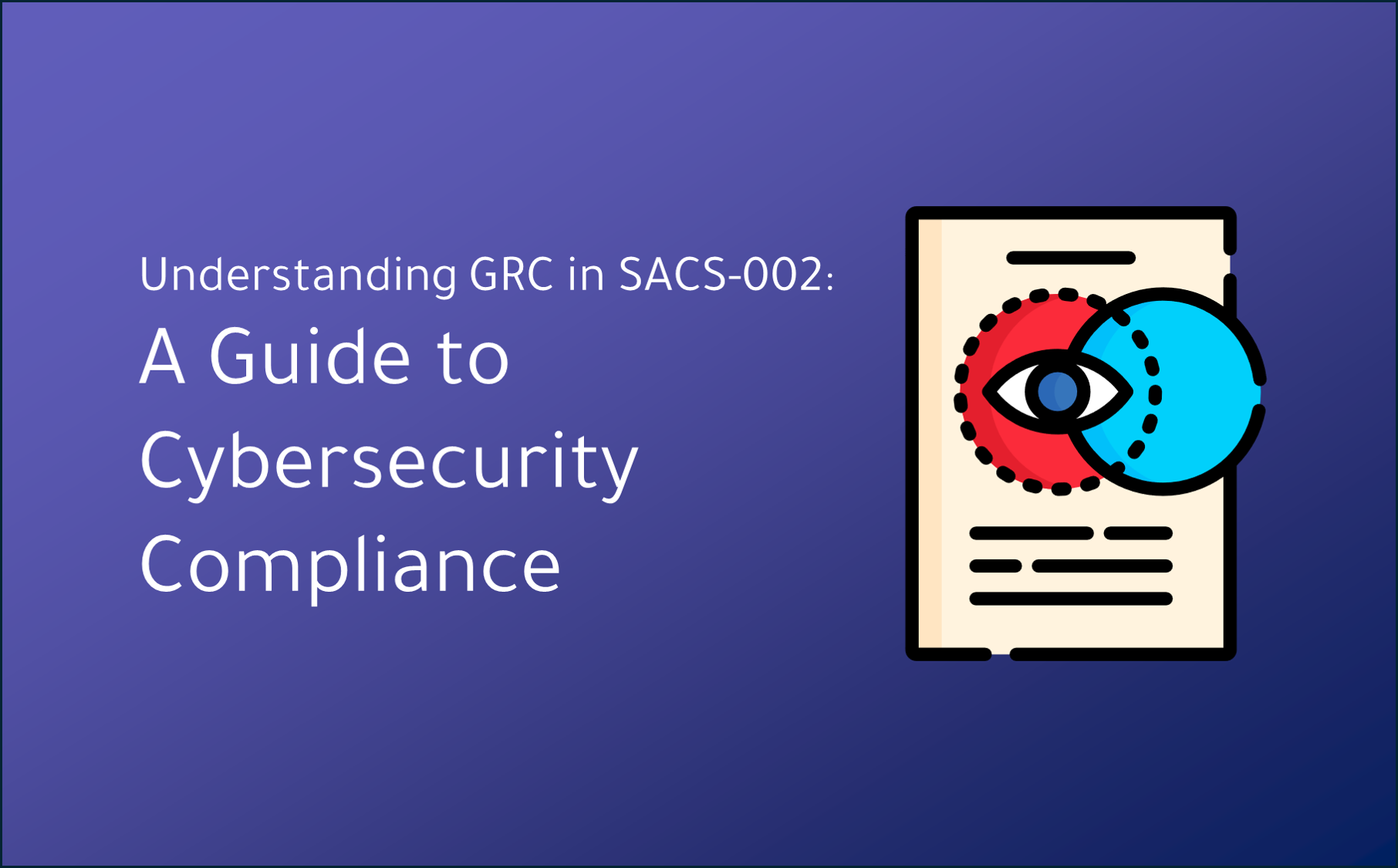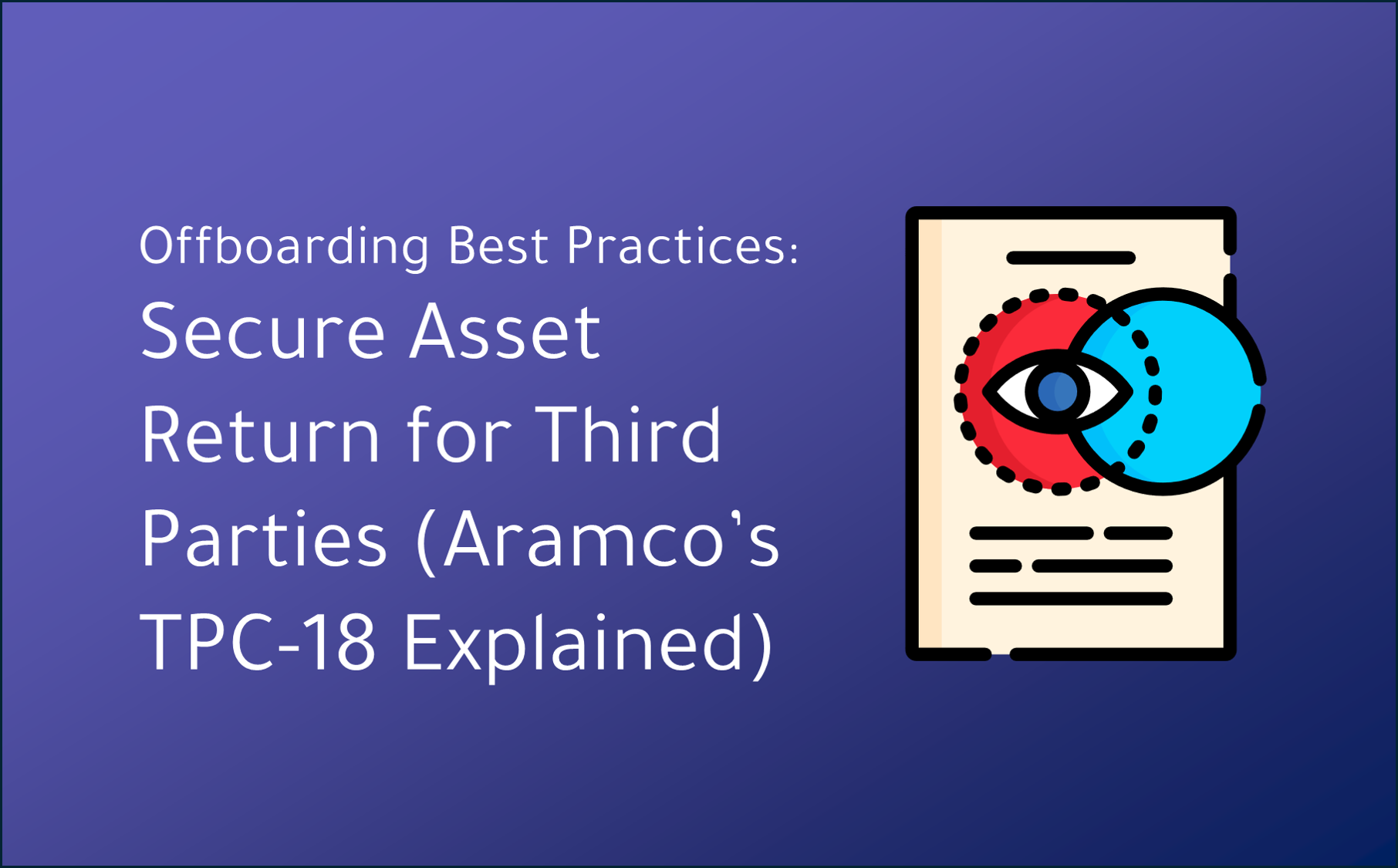In the world of cybersecurity, email is a critical communication channel that must be protected. For businesses working with Saudi Aramco, compliance with the Third Party Cybersecurity Standard (SACS-002) is essential. One of its key controls, TPC-17, mandates the use of private email domains and prohibits generic domains like Gmail and Hotmail. But why is this rule so important, and how can your business ensure compliance? Let’s break it down.
What is TPC-17?
TPC-17 is a cybersecurity control that requires third-party vendors and contractors to use private email domains for all business communications. Generic email domains, such as Gmail, Yahoo, or Hotmail, are strictly prohibited. The goal is to enhance email security, protect sensitive data, and maintain professionalism.
Why Does TPC-17 Matter?
- Enhancing Email Security
Private email domains offer advanced security features, such as encryption, multi-factor authentication, and custom spam filters, which are often lacking in generic email services. - Compliance with Aramco Standards
Non-compliance with TPC-17 can lead to serious consequences, including contract termination or legal action. Adhering to this standard is essential for maintaining a strong partnership with Aramco. - Protecting Sensitive Data
Saudi Aramco’s emails often contain highly confidential information. Private email domains ensure that these communications are secure, reducing the risk of data breaches or leaks. - Maintaining Professionalism
Using a private email domain reflects professionalism and builds trust with clients and partners. Generic email addresses can appear unprofessional and may raise concerns about security.
How to Comply with TPC-17
- Set Up a Private Email Domain
Work with your IT team or email service provider to create a private email domain for your business. This domain should reflect your company’s name and branding. - Migrate to the Private Domain
Transition all business communications to the new private email domain. Ensure that employees stop using generic email addresses like Gmail or Hotmail for work-related purposes. - Implement Security Features
Configure your private email domain with advanced security features, such as:- Encryption for email communications.
- Multi-factor authentication (MFA) for account access.
- Custom spam and phishing filters.
- Train Your Team
Educate your employees about the importance of using private email domains and the risks associated with generic email services. Regular training can help reinforce these practices. - Monitor and Audit
Regularly monitor email usage to ensure compliance with TPC-17. Conduct audits to identify and address any instances of non-compliance.
How NHR Can Help
At NHR Alemtithal for IT (NHR), we specialize in helping businesses achieve compliance with Saudi Aramco’s cybersecurity standards, including TPC-17. Our services include:
- Private Email Domain Setup and Configuration
- Cybersecurity Compliance Certification (CCC)
- Employee Training Programs
Don’t risk non-compliance or a data breach. Let NHR guide you through the process and ensure your business meets all Aramco requirements.
Contact Us Today!
For more information or to schedule a consultation, call us at +966 55 653 8840 or email info@nhr.com.sa. Visit our service to learn more.
Stay compliant, stay secure, and protect your business with NHR!
By using private email domains and partnering with NHR, you can ensure your business meets Aramco’s cybersecurity standards while safeguarding sensitive data. Let us help you navigate the complexities of compliance with ease!
Disclaimer:
The content of this podcast is generated by NotebookLM, an AI-powered tool designed to assist with creative and informational tasks. While every effort has been made to ensure accuracy and relevance, the information and opinions expressed in this podcast are AI-generated and should not be taken as professional advice, factual truth, or the views of any individual or organization. Listeners are encouraged to independently verify any information and consult appropriate experts or sources for specific guidance. The creators of this podcast are not responsible for any errors, omissions, or outcomes resulting from the use of this content. Enjoy responsibly!




